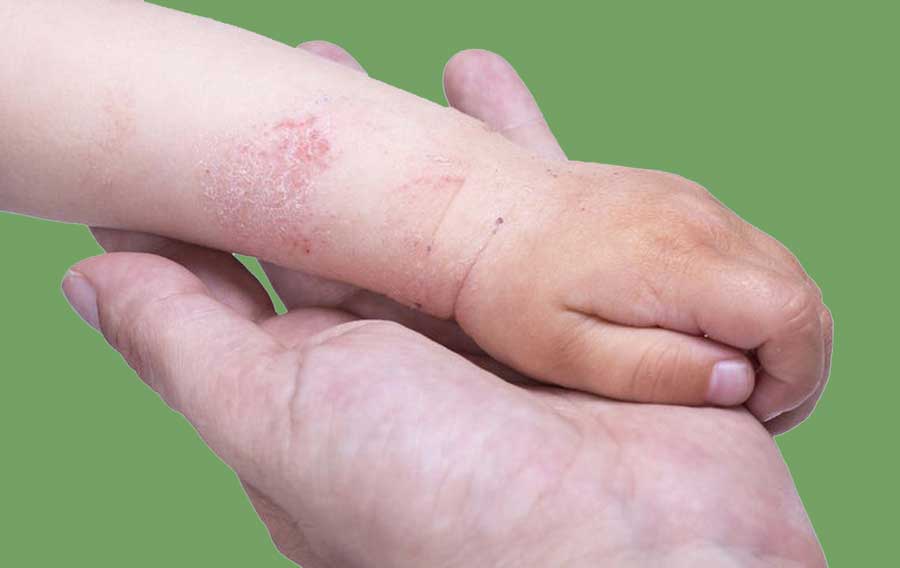Dental health has always been a pretty serious issue. People can’t seem to notice it, however. Rather, they choose not to notice it. After all, isn’t dental care considered a costly expense by most households? People have this misconstrued idea that dental care is something they can’t afford and so, they forego anything that has to do with it. They don’t invest in health care, they refuse to schedule regular dentist visits, and they don’t even try to buy products that can improve the state of their dental health – unless absolutely necessary, of course.
Well, let me remind you of a very simple and cliché truth: Prevention is always better than cure.”
You know, you don’t necessarily have to go through every painful experience just to learn something from it. Looking at the experiences and struggles of others, you should have a good idea of what certain decisions lead to. For example, you should know that eating too much sugar will eventually lead to developing Diabetes. In the same way, eating too much fat and junk food may eventually result in an artery clog. Many health problems can be prevented and avoided if we pay more attention to what happens to other people. If we’re observant enough, we can save ourselves from the pain and agony of re-experiencing a certain situation. The same goes with our teeth. Check out more alarming facts about your teeth health here: https://adawa.com.au
You are certainly not the first person ever who experienced or will experience dental health problems. Surely, a kid at your school, a colleague at work, or an older family member may have encountered a similar problem in the past. If you have been observant enough, you should know just how painfully horrifying it is to see your teeth go one after the other. The worst part is they don’t just fall off peacefully either. Each tooth that goes bad will let you experience the same kind of torture – especially when the underlying problem is decay.
Have you ever had tooth decay before? It’s excruciating to say the least. It’s so annoyingly painful that you can’t even go about your mundane, everyday tasks. Getting up for work becomes really difficult. You can’t even bring yourself to think straight! Your aching tooth gets in the way of your productivity and you end up curling yourself in one corner, rocking back and forth, wondering when the pain killers will start working. Don’t get me wrong; I’m not trying to scare you or anything. I’m merely stating the reality of having bad teeth.
Now, if you don’t want to go through this torture, heed my advice: Follow these simple tips below:

1. Follow the 2 x 2 x 2 Rule
If you’ve been following dental health trends closely, you’ll notice that dentists love the number two. Almost every rule they have has the number two in it. To put it simply, the 2 x 2 x 2 rule means brush at least twice daily for two minutes and floss at least two times per day. If you follow this rule closely, you’d be surprised at how much your dental state will improve. And really, this rule isn’t that hard to follow (don’t be so melodramatic). Brush when you wake up and before you get to bed. Floss after lunch and dinner. Now, that isn’t so hard right? You’d be surprised by how investing a couple of minutes every day can change your teeth health for the better.
2. Schedule Dental Cleanings Every Six Months
It is important to note that even if you follow the 2 x 2 x 2 rule closely, you still won’t be able to bacteria-proof your teeth. Bacteria build up over time and they sure know how to hide! Some of them get into the space between your teeth and gums. There, they hide and accumulate resulting in what would look like a solidified plaque. We call this “tartar.” Dentists, like the professionals at Hawthorn Smiles Dental near Melbourne, VIC, are people who can successfully remove tartar through a dental cleaning procedure. They advise to undergo this procedure every six months.
3. See A Dentist Regularly
If you have a tooth problem, see a dentist. If you don’t have a tooth problem, still, see a dentist. Early detection is the key to better teeth. And the only way you can detect a problem early is when you constantly and consistently check for problems. See a dentist at least twice a year.










